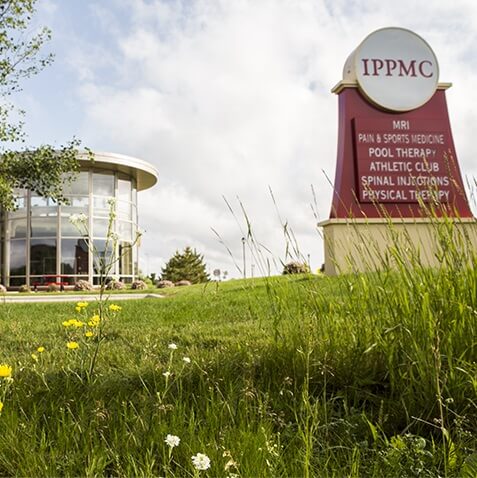The Cleanest (And Dirtiest) Veggies You're Eating
Source: Rodale News
Eating a 100-percent organic diet is the best way to keep healthy, combat climate change, and vote for a more equitable food system. But that's little comfort if you happen to live in an organic-food desert, where certified-organic options are hard to come by.For those who are organically challenged, stick with organic apples, tomatoes, and kale, but don't stress if all you can find is conventionally grown pineapples or avocados.
For the ninth year in a row, the Environmental Working Group (EWG) has released its "Dirty Dozen and Clean 15" lists of the most and least pesticide-contaminated foods at your market.
The lists use data gathered by the U.S. Department of Agriculture's Pesticide Data Program, which collects pesticide-residue data on 28,000 samples of washed and peeled fruits and vegetables. EWG's scientists go over the data and translate it into information people can actually use, and rank the various fruits and vegetables based on how many samples contained pesticide residues, how many pesticides were detected on each sample, and what the levels of individual pesticides were.
What Biotech Pesticides Are Doing to Our Bodies
This year, 67 percent of the produce tested contained detectable levels of pesticides, and among some of the more contaminated samples were grapes and sweet peppers, samples of which tested positive for 15 different pesticides, and cherries and cherry tomatoes, which were found to contain 13 different pesticide residues.
The researchers were particularly concerned by baby-food testing results. A shocking 94 percent of pear samples tested positive for pesticide residues and, of those, 18 percent contained more than five different pesticides. To put that in perspective, less than 11 percent of pineapples, a fruit that's one of the least contaminated, had detectable pesticide residues of any kind.
It's not just the presence of pesticides, either, that concerns EWG's scientists, says Sonya Lunder, senior research analyst at EWG. The Environmental Protection Agency sets limits on how much of any given pesticide can remain on a food intended for human consumption, and they do take health consequences into account, but just not enough, says Lunder. "If a person was eating food will the highest legally allowable level of pesticide residues, they would risk serious health consequences," she says, pointing to the example of baby food. The levels they found on fruits and vegetables intended for baby food (vegetable growers don't have to meet different standards for veggies grown for adult foods and those grown for baby foods) were so high that a 22-pound baby fed a four-ounce jar of some foods they tested would get nearly 50 percent of the daily maximum considered safe for pesticides linked to nausea, vomiting and diarrhea as well as long-term neurological damage.
EWG insists that people shouldn't stop eating fruits and vegetables -- they're good for you, organic or not. But if you do eat them, opt for organic versions of those on the "Dirty Dozen Plus" list.
Here are both lists, which you can download in the form of a wallet card from EWG's site.
The "Dirty Dozen Plus"
- Apples
- Celery
- Cherry tomatoes
- Cucumbers
- Grapes
- Hot peppers
- Imported nectarines
- Peaches
- Potatoes
- Spinach
- Strawberries
- Sweet bell peppers
+ Kale and collard greens
+ Summer squash
Kale, collard greens, and summer squash were added to the "avoid" list because they were contaminated with organophosphates, pesticides that pose a particularly high risk to the children's IQ and brain development even at low doses, and organochlorines, pesticides linked to stunted growth in kids.
The 20 Best Organic Foods
The "Clean 15"
- Asparagus
- Avocados
- Cabbage
- Cantaloupe
- Sweet corn
- Eggplant
- Grapefruit
- Kiwi
- Mangos
- Mushrooms
- Onions
- Papayas
- Pineapples
- Frozen sweet peas
- Sweet potatoes
Pesticide residues aside, there are other reasons it's important to support organic 100 percent of the time, if you can, including protecting farmworkers and local waterways from toxic pesticides that don't typically wind up in our food. For more, check out The Truth about Organic.


